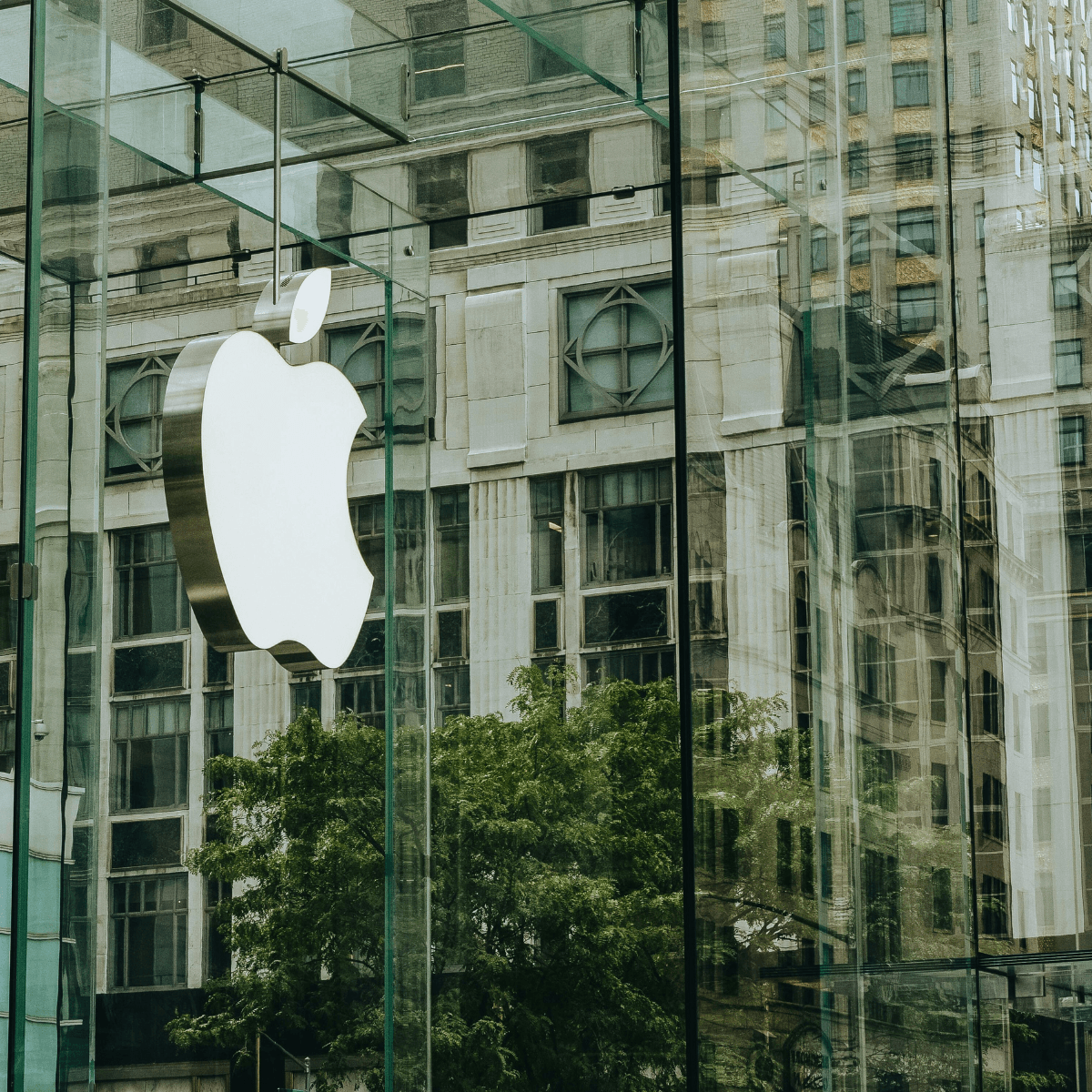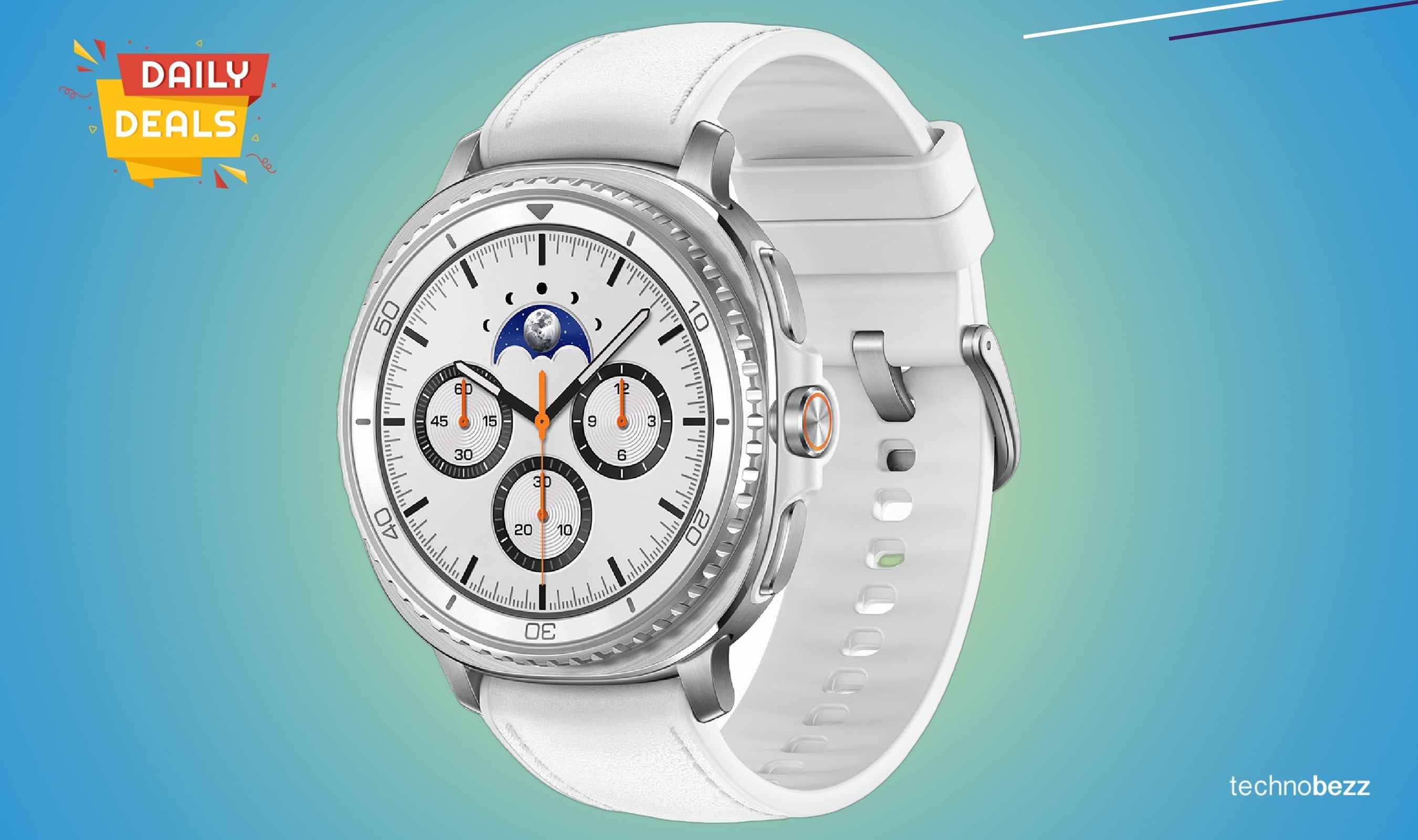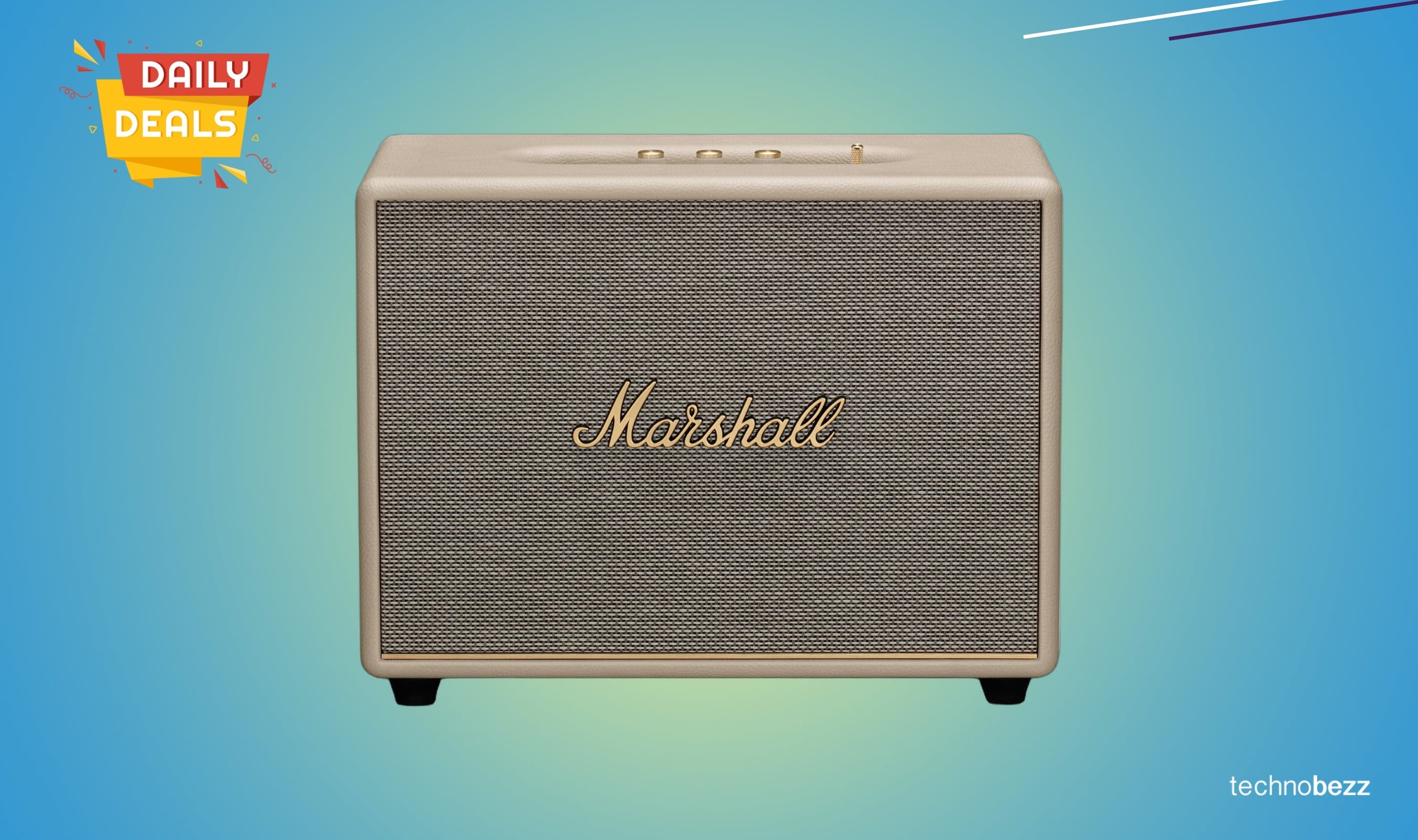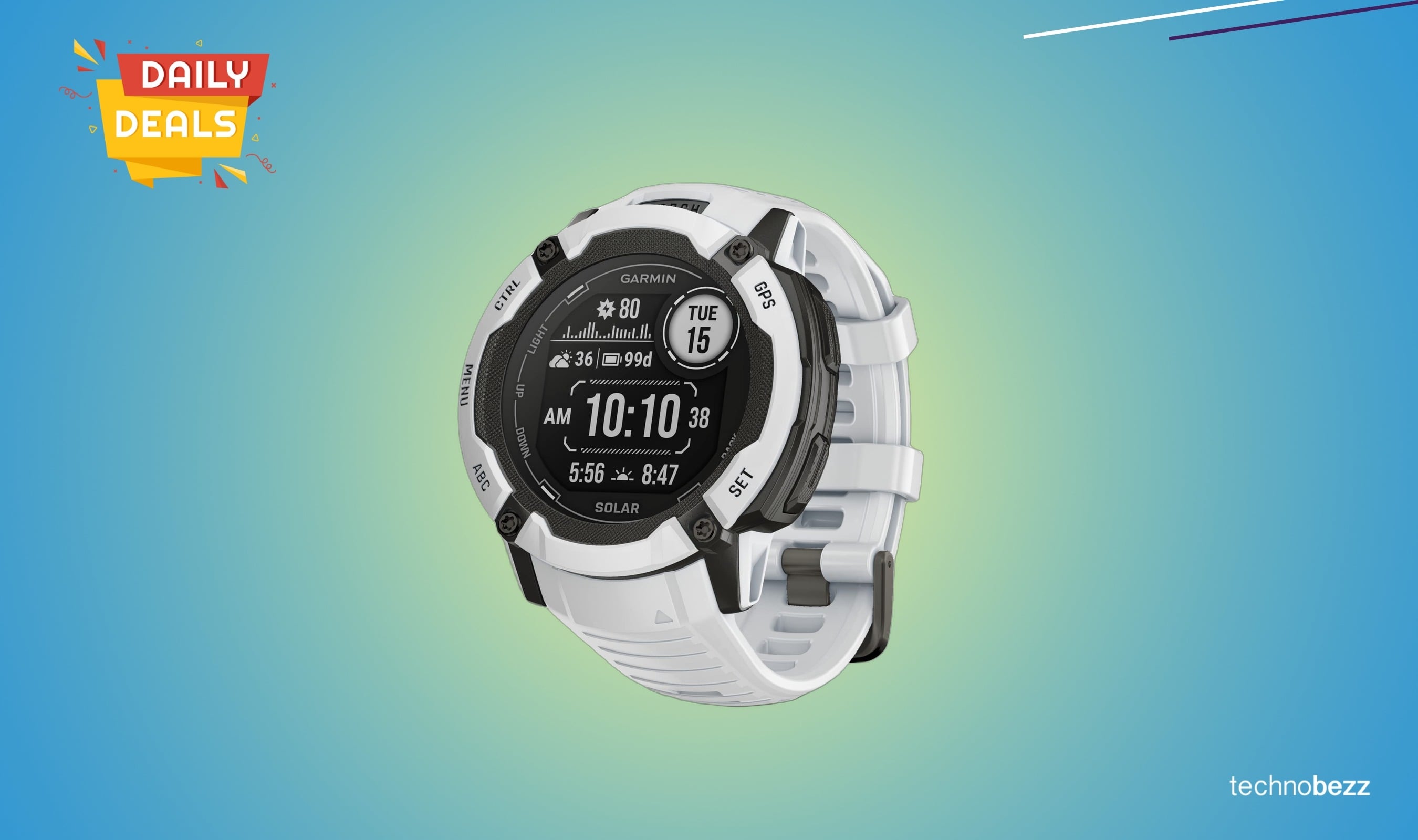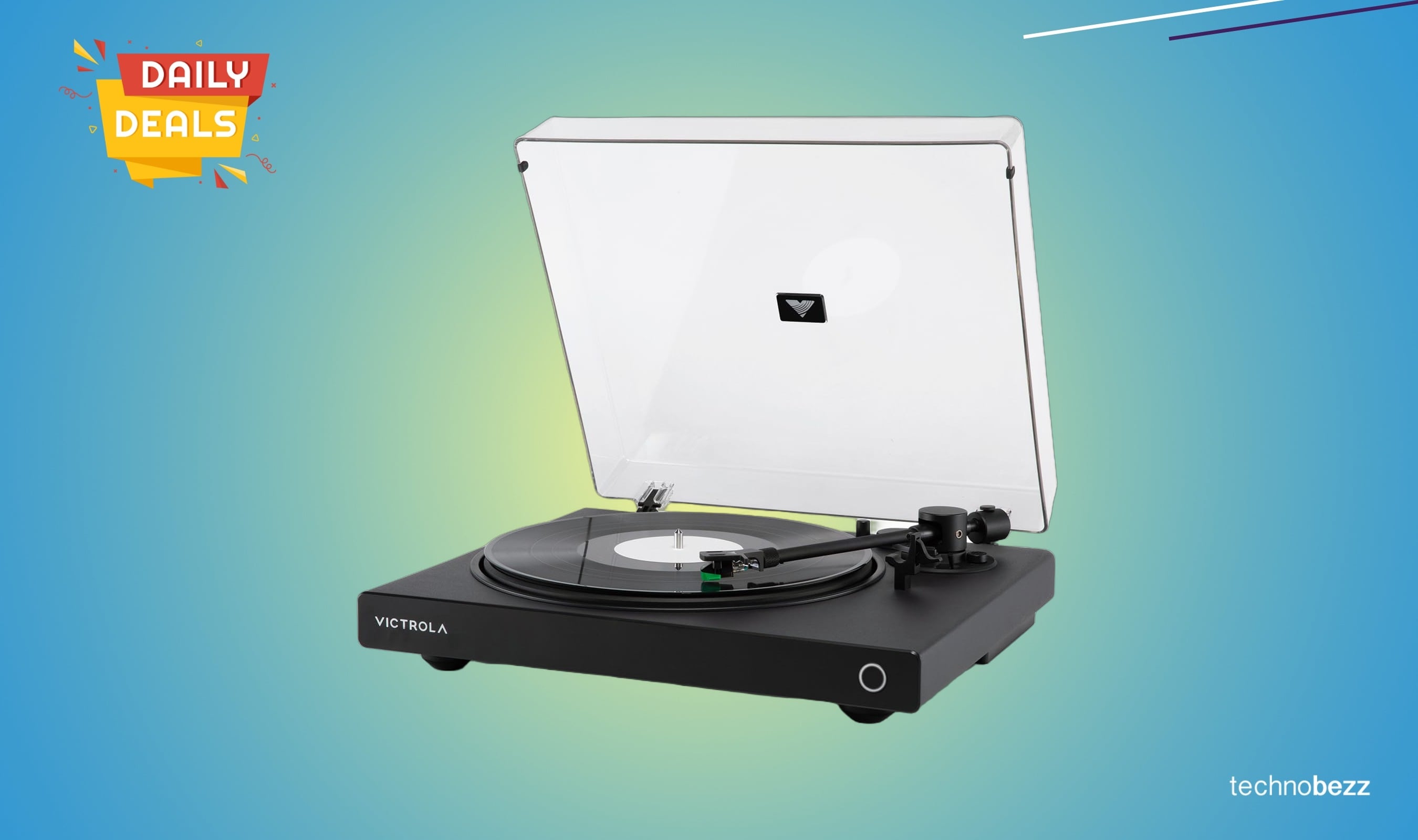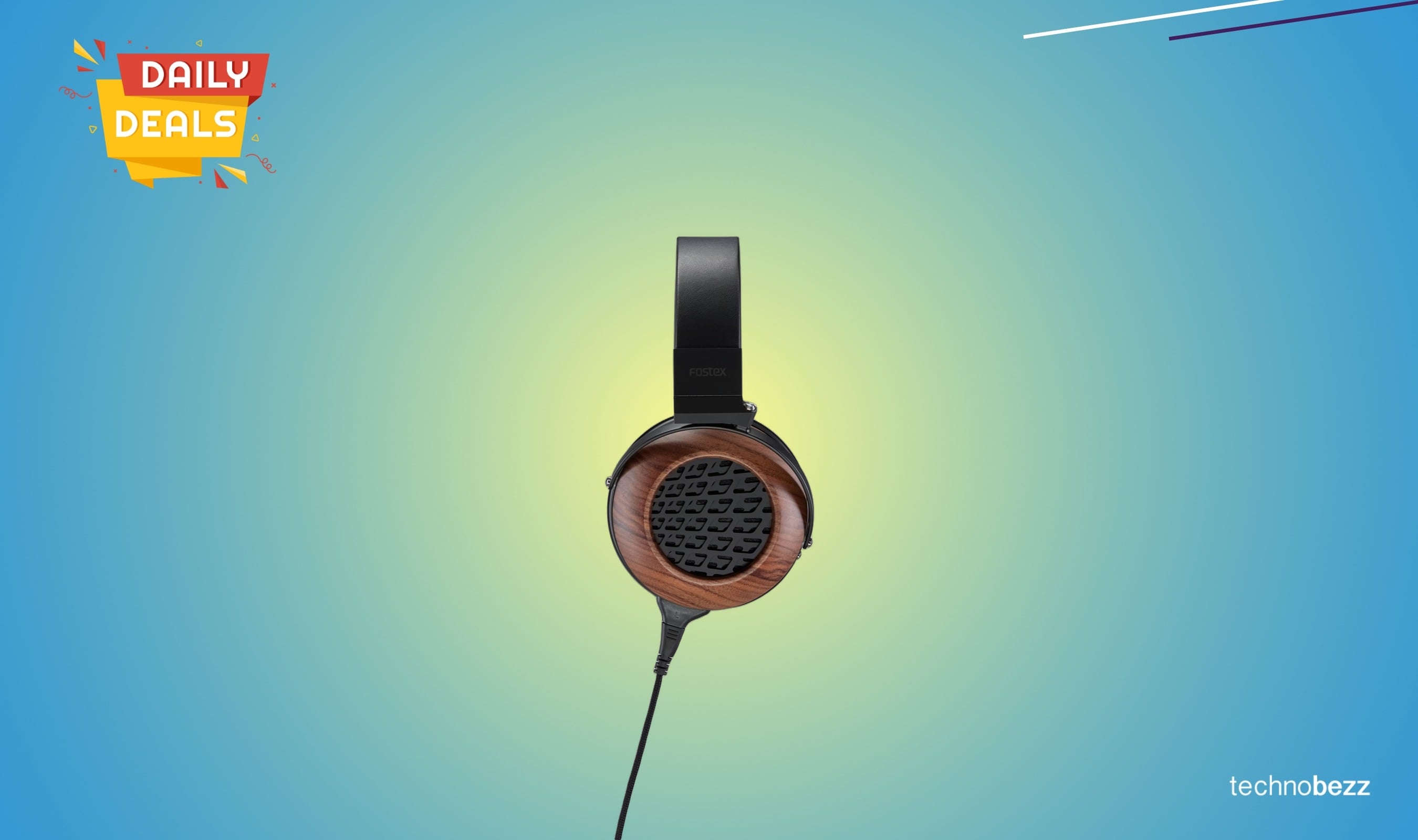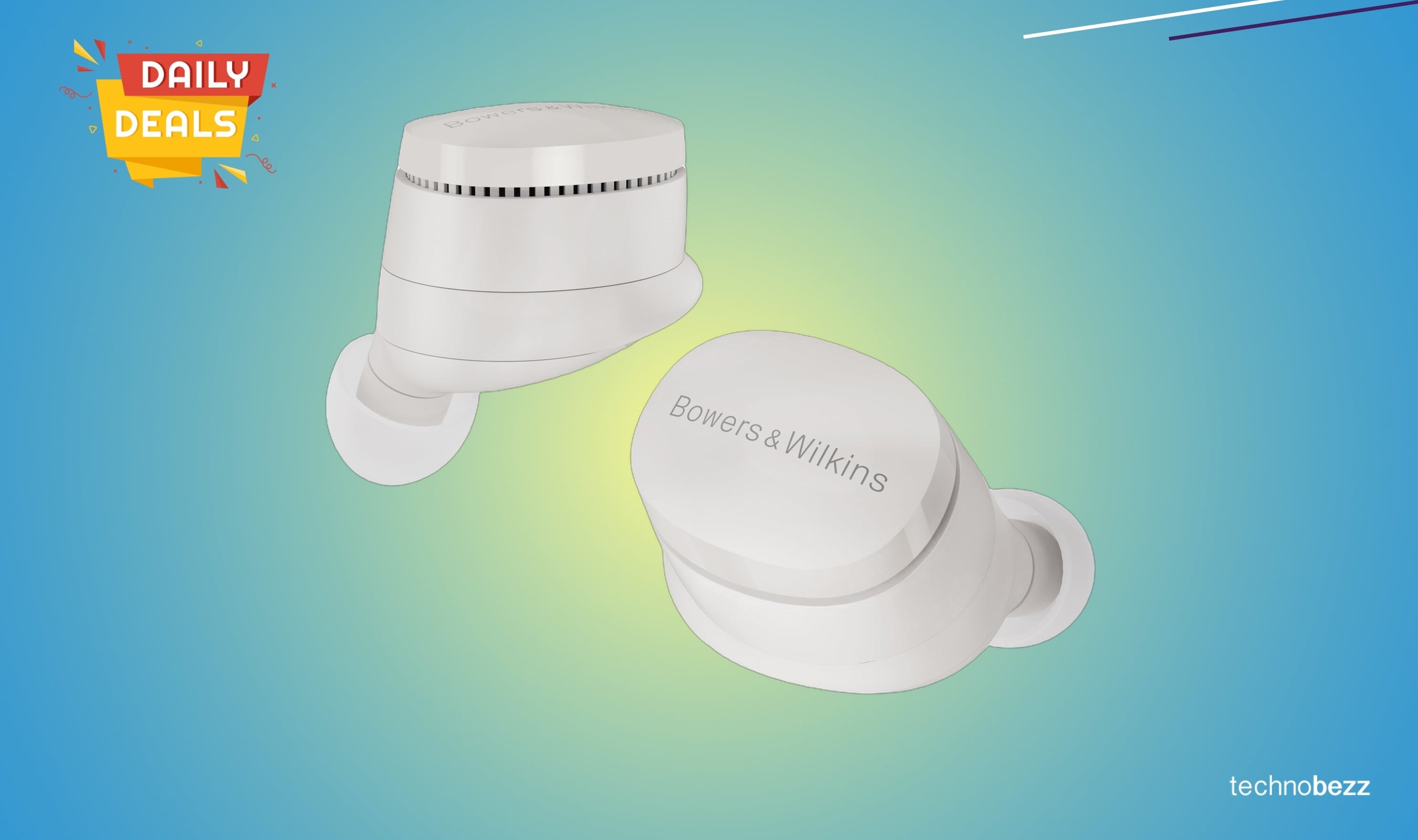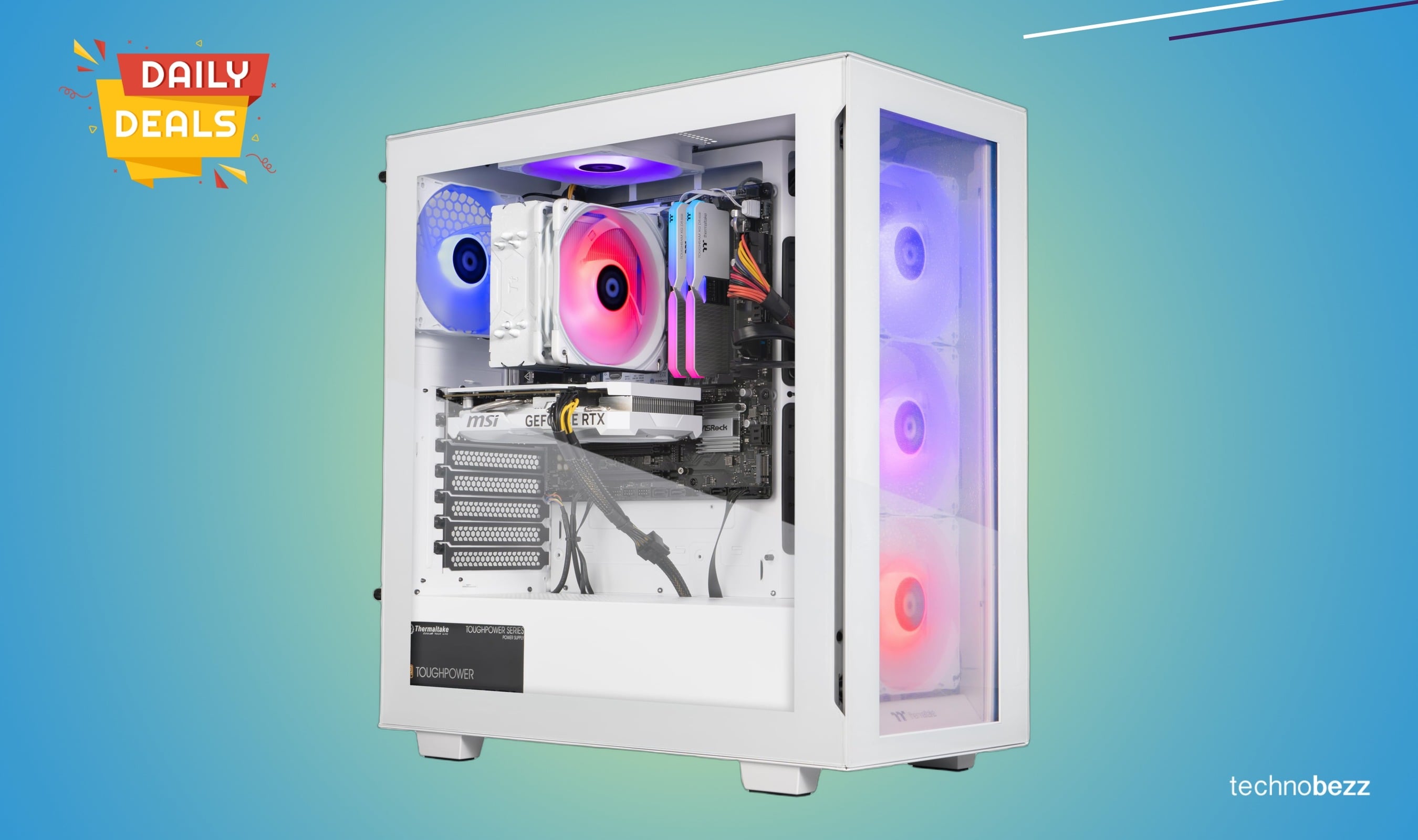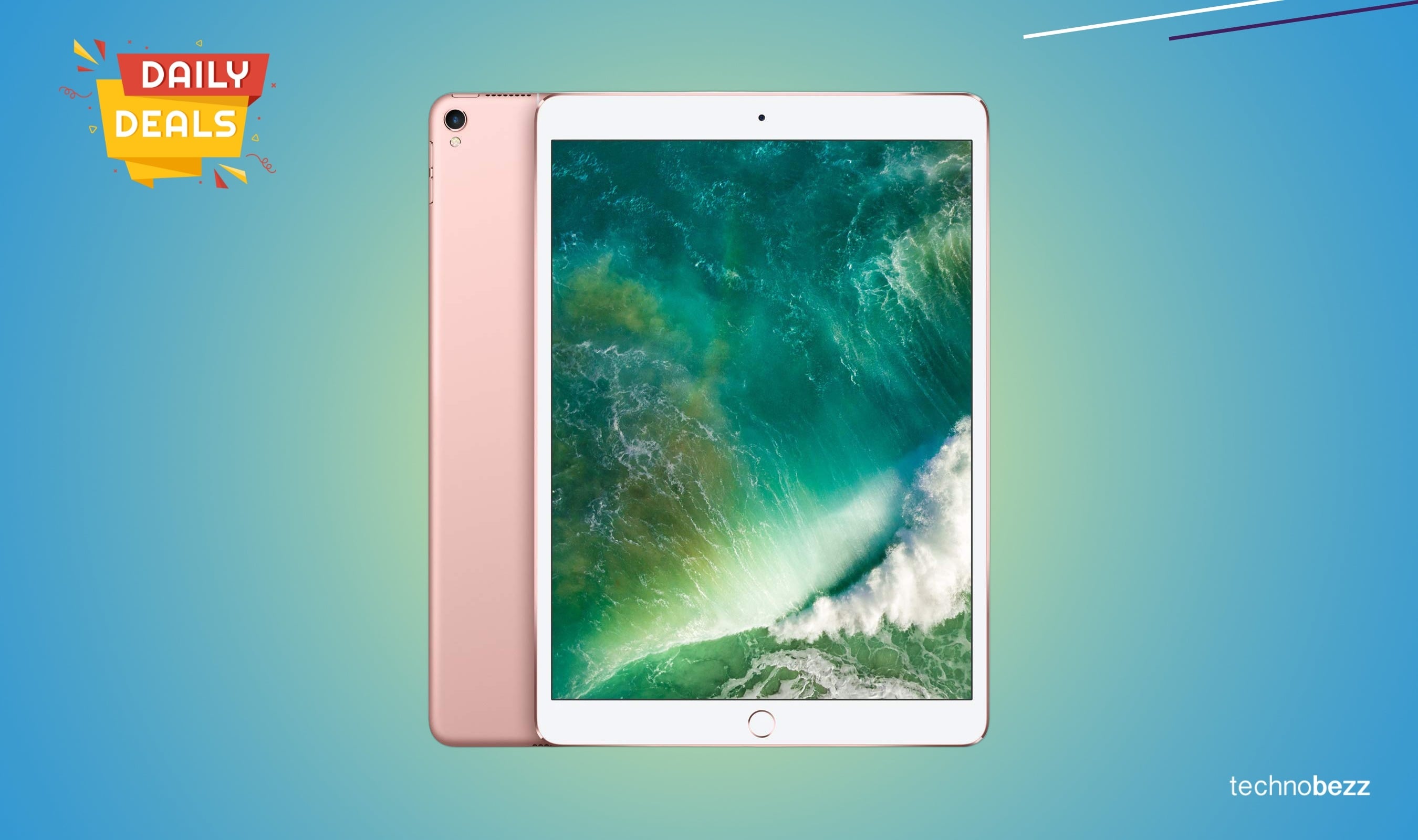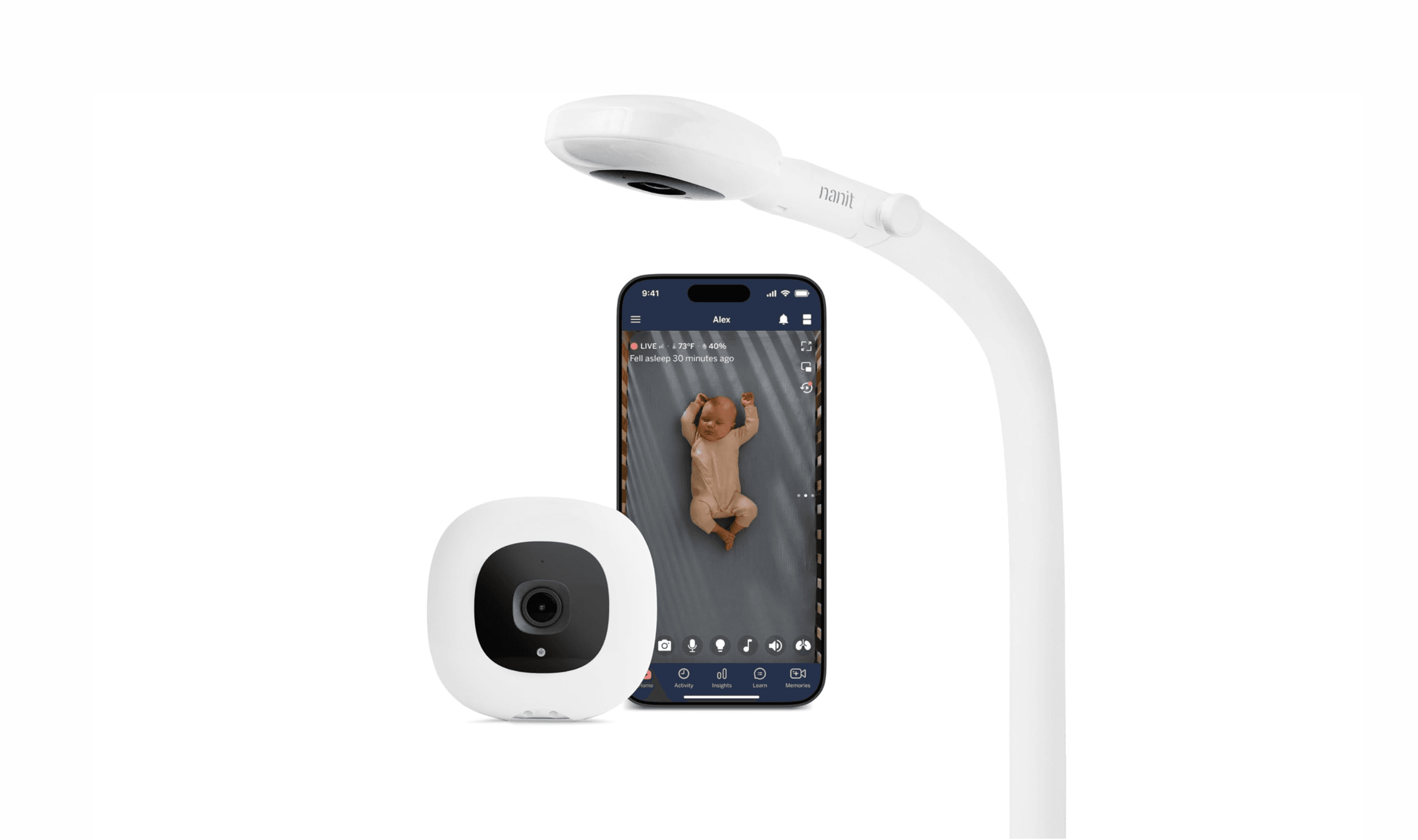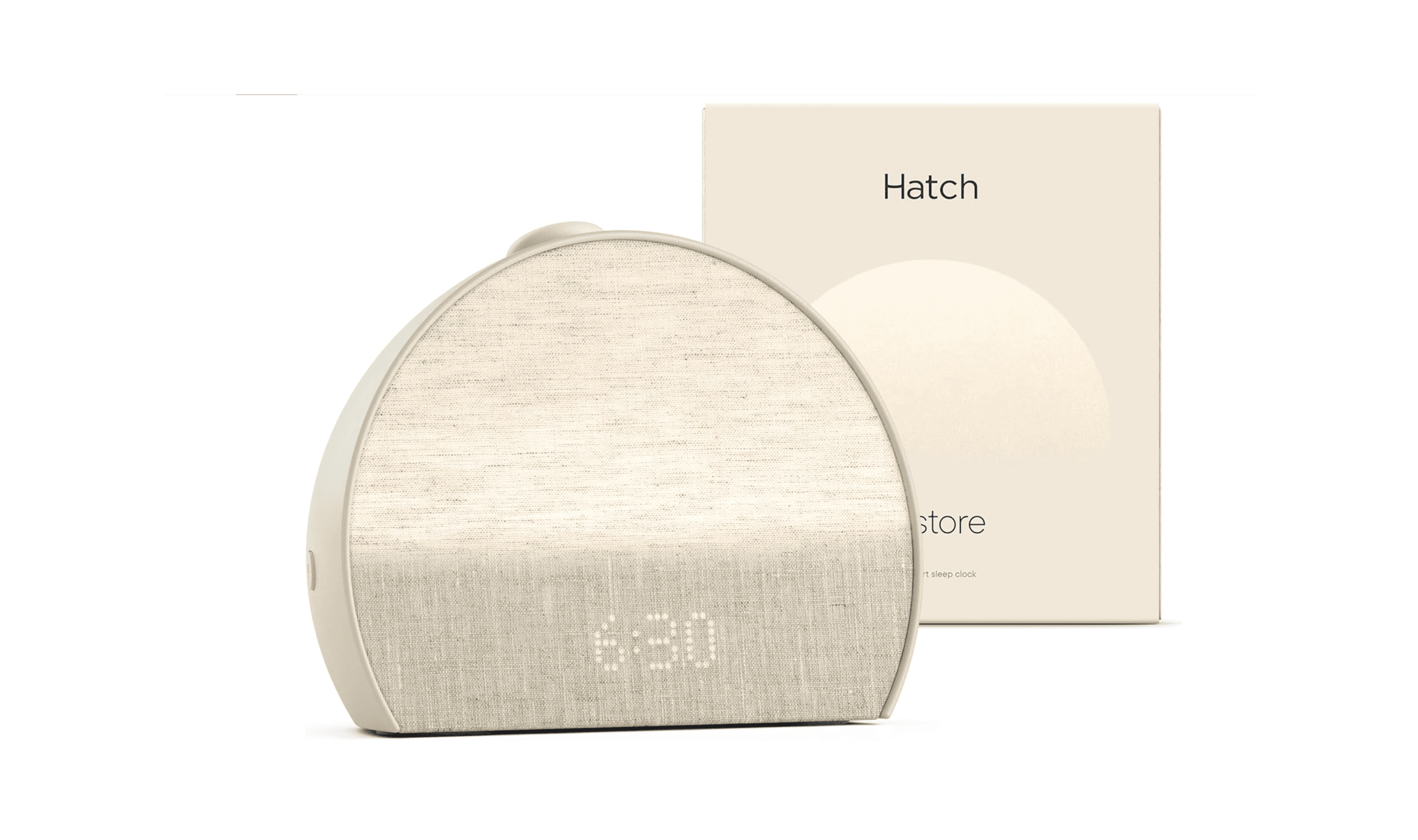A federal jury in California has delivered a massive blow to Apple, ordering the tech giant to pay medical device maker Masimo $634 million for infringing patents related to blood oxygen monitoring technology in Apple Watches. The verdict, handed down on Friday after an eight-day trial, represents one of the largest patent awards ever returned in the Central District of California involving consumer technology.
The jury found that Apple's workout mode and heart rate notification features in Apple Watches violated Masimo's patent rights covering pulse oximetry technology. This decision comes after years of legal battles between the two companies over smartwatch health monitoring capabilities.
Interestingly, this isn't the first time these companies have faced off in court. Apple previously countersued Masimo and won a $250 verdict in Delaware in October 2024 when a jury found that Masimo's smartwatches infringed on two Apple design patents. That amount was the statutory minimum for infringement in the US, making the current $634 million verdict particularly striking in comparison.
This legal saga has already had real-world consequences for Apple Watch users. Back in 2023, the U.S. International Trade Commission sided with Masimo, banning Apple from importing Apple Watches with blood oxygen monitoring features. That's why recent Apple Watch models have not supported blood oxygen monitoring in the United States.
Apple responded to that ban by removing the blood oxygen reading technology from its watches sold in the US and then reintroducing an updated version of the technology in August 2025. The redesigned feature shifted the blood oxygen readings to be measured and calculated on the user's paired iPhone rather than the Apple Watch itself, a workaround designed to circumvent the import restrictions.
An Apple spokesperson told Reuters that the company plans to appeal the verdict, stating, "The single patent in this case expired in 2022, and is specific to historic patient monitoring technology from decades ago." The company maintains that it disagrees with the decision and will continue defending its intellectual property rights.
For Masimo, this represents a significant victory in its ongoing efforts to protect its innovations. The medical monitoring company, valued at about $9 billion, has accused Apple, worth approximately $3.6 trillion ; of stealing trade secrets for the blood-oxygen sensor technology after allegedly poaching Masimo workers.
The case centered on a crucial legal question: whether an Apple Watch could be considered a "patient monitor" under Masimo's patent definition. Jurors ultimately accepted Masimo's position that Apple had incorporated its patented pulse-oximetry features into roughly 43 million watches, rejecting Apple's argument that any damages should be limited to between $3 million and $6 million.
This verdict comes at a time when health monitoring features have become increasingly important in the smartwatch market. The ability to track blood oxygen levels gained particular significance during the pandemic, making this technology both commercially valuable and medically relevant.
As Apple prepares its appeal, the far-reaching consequences for the wearable technology industry remain strong. The case highlights the ongoing tension between established medical device companies and tech giants entering the health monitoring space, raising questions about how intellectual property rights will shape the future of consumer health technology.
The legal battle between Apple and Masimo shows no signs of slowing down, with both companies continuing to pursue various legal strategies across multiple fronts. For now, however, Masimo has secured a major victory that could reshape how tech companies approach health monitoring patents in their consumer devices.



